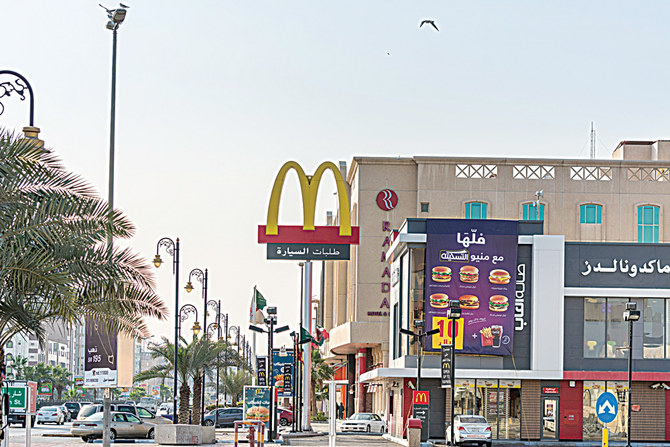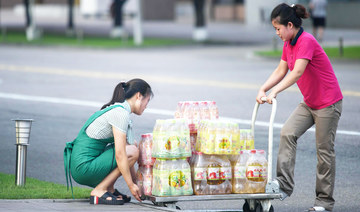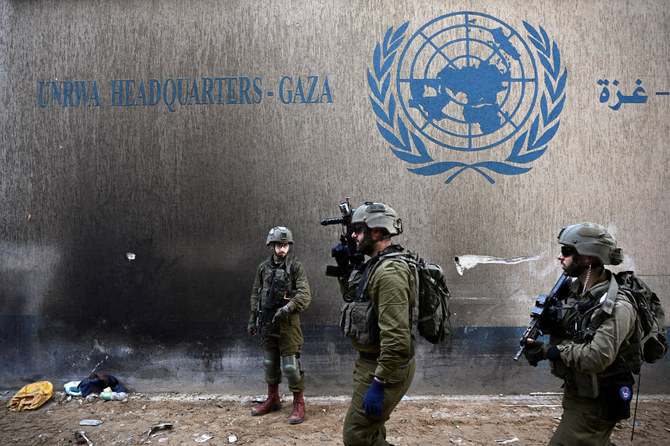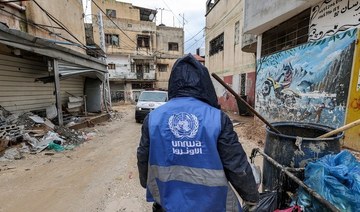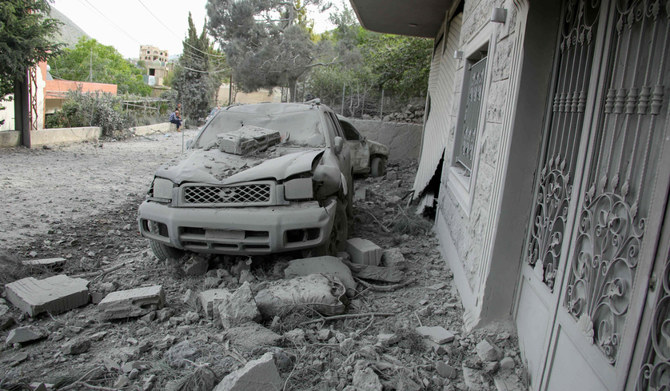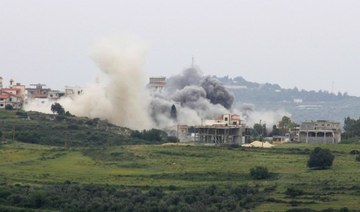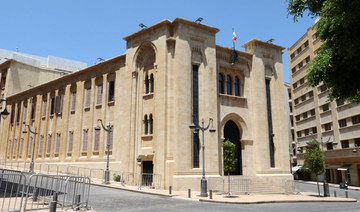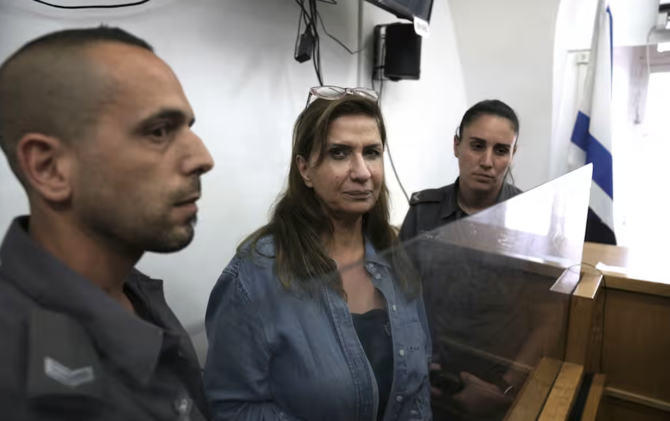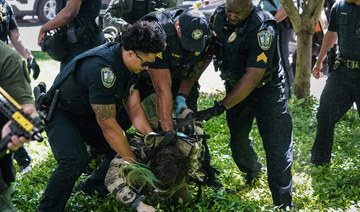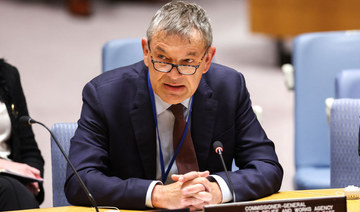It may have overtaken smoking as one of the greatest public health hazards if a major UK study on cancer is anything to go by, yet obesity has not come anywhere close to tobacco in terms of a comparable global commitment to address the problem.
The finding that excess weight causes more cases of four common forms of cancer than smoking ought to set alarm bells ringing worldwide — but especially in the Gulf region.
While obesity-related cancer is well-documented, the latest study — led by Cancer Research UK (CRUK) — shows that being overweight is more likely than being a tobacco smoker to be a cause of bowel, kidney, ovarian and liver cancers.
Overall, obesity is the second biggest preventable cause of cancer and is predicted to overtake smoking as the leading cause of cancers in women by 2035.
Keeping in mind the warnings about an “obesity explosion” in the Gulf Cooperation Council (GCC) countries, experts say governments should step in to place restrictions on advertising, reduce the availability of junk food and adopt a “get-tough” approach — just as they did in the face of the tobacco epidemic.
FAST FACTS
● Evidence suggests higher amounts of body fat are associated with increased risks of a number of cancers, says National Cancer Institute.
● Overweight is defined as having body mass index (BMI) greater than or equal to 25, obesity as having BMI greater than or equal to 30. Obesity has nearly tripled globally since 1975, says WHO.
● At 37.9 percent, Kuwait has the highest obesity level in the Middle East, followed by Jordan (35.5 percent), Saudi Arabia (35.4 percent) and Qatar (35.1 percent), according to the CIA World Factbook.
● The prevalence of combined overweight and obesity in the above Middle East countries is as high as 86 percent among women and 77 percent among men.
According to the World Health Organization (WHO), “hard-hitting anti-tobacco advertisements and graphic pack warnings — especially those that include pictures — reduce the number of children who begin smoking and increase the number of smokers who quit.”
CRUK says that obese people in the UK now outnumber smokers two to one and warns that millions are at risk of cancer because of their weight.
The situation in the GCC countries, health experts say, is probably equally bad if not worse given the high prevalence of obesity. About a third of the people in the region are clinically obese, according to health bodies.
Dr. Abdullah Al-Ghamdi, a general surgeon and director of the bariatric surgery program at Saudi Arabia’s Johns Hopkins Aramco Healthcare (JHAH), said that compared with tobacco, excess weight is a bigger cause of some types of cancer.
“The GCC countries have some of the highest incidences of obesity in the world — affecting mainly children and adolescents,” he said.
“The future impact of this is massive — not only on health-care systems but also on the national, regional and global economy. It is a chronic disease that cripples productivity.
“We see only the tip of the iceberg with obesity, while smoking has been studied for decades and we know more about it.”
“Cancer is alarming for anybody, and particularly in the GCC where the obesity rate is very high.”
Dr. El Zaqui Ladha, consultant in bariatric and general surgery at the UAE-based Bareen International Hospital
Saudi Arabia has introduced a number of measures in recent years to create a healthier nation, such as its “Quality of Life Program 2020,” which aims to encourage community participation in sports and physical activities and introduce taxation on sugary drinks.
Similar steps have been undertaken regionwide. The UAE has taken a number of measures to combat what many consider to be an epidemic, such as creating an “obesity task force,” introducing a “sugar tax” and debating policies such as a blanket ban on the marketing of unhealthy foods.
“Reaching the stage until the disease is established can be late. We need to have aggressive preventive measures,” Al-Ghamdi said.
“This can start in schools. When a student reaches a certain weight, the student and their parents should be counseled and an action plan implemented. Schools, too, should commit themselves to maintaining obesity incidence to a minimum defined percentage.”
The findings of the CRUK study came as no big surprise to Dr. Ali Mollah, a Saudi physician, who said both obesity and smoking are major contributors to poor health and early deaths.
Mollah, who heads Tawazon, the diabetes-prevention program of JHAH, sees obesity as a “global epidemic,” with the GCC countries as “no exception.”
“Kuwait, Bahrain, Saudi Arabia and the UAE are in the list of top 10 countries worldwide in term of obesity, which is alarming,” he said.
Mollah said that the Kingdom’s Vision 2030 plan has “already started to implement strategies to enhance the quality of preventive and therapeutic health-care services.”
The plan “recognizes that obesity and cigarette smoking are the leading preventable risk factors for chronic disease and cancers and therefore has initiated several programs that include education and awareness regarding diabetes, obesity and smoking cessation,” he said.
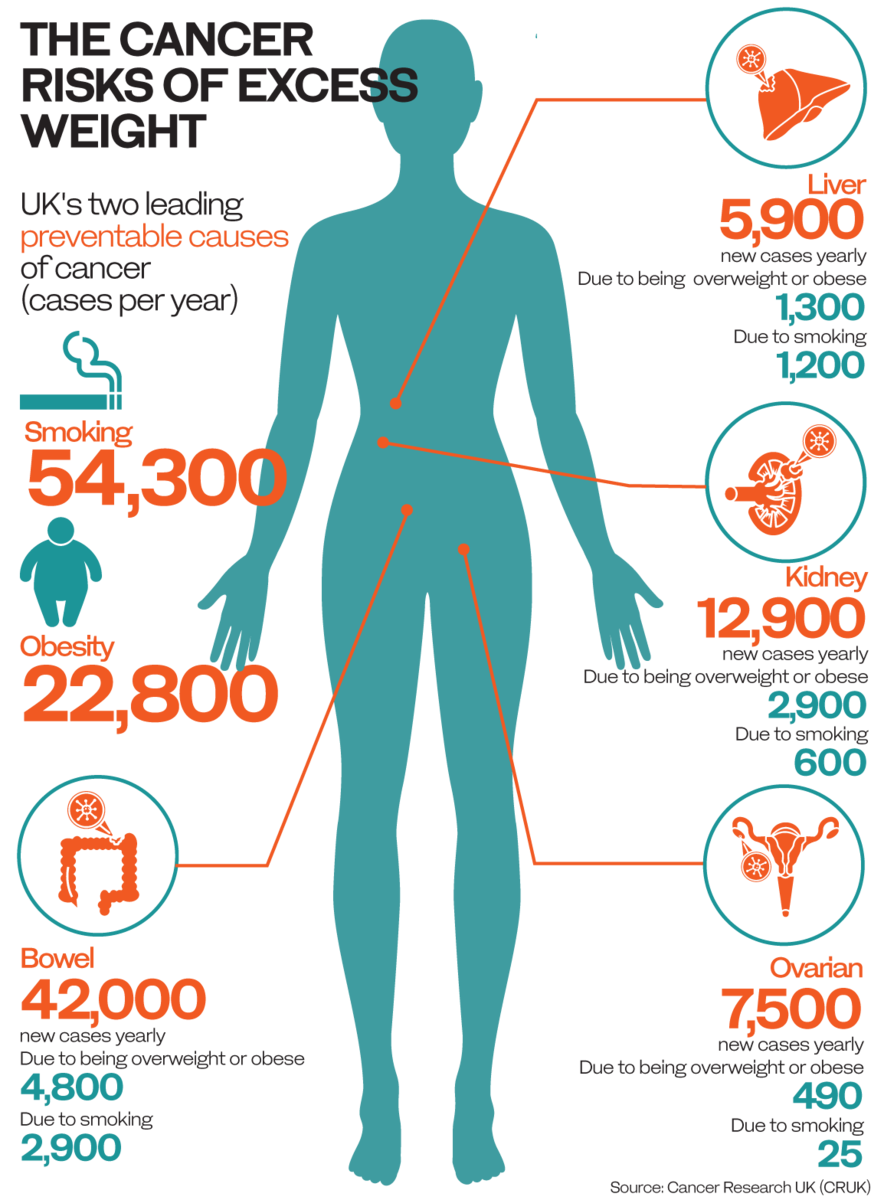
Several campaigns are also being conducted in public places to enhance awareness of the benefits of a healthy lifestyle and the hazards that result from obesity, lack of physical exercise and cigarette smoking, Mollah said.
“There are programs initiated in schools to educate children regarding obesity and tobacco abuse along with the participation of parents in the educational process. There are also newer taxes on potentially harmful foods, sugar-sweetened beverages and cigarettes,” he said.
“In addition, the Quality of Life Vision Realization Program focuses on the lifestyle by developing an ecosystem to support and create new options that boost citizens’ and residents’ participation in cultural, environmental and sports activities.
“In this regard, parks and jogging trailers are being established in several towns and cities.”
Dr. Hussam Trabulsi, a specialist in bariatric surgery at Medcare Hospital in Dubai, said that the findings of the CRUK study are “very concerning,” especially given the “alarming” obesity rates in the Gulf region.
“Both conditions, smoking and obesity, are associated with serious health complications and both are common to cancer,” Trabulsi said. “In the same way that steps were taken to discourage smoking such as warnings on packaging, we should be doing the same with obesity to raise awareness.”
Trabulsi’s suggestion is seconded by Dr. El Zaqui Ladha, a consultant in bariatric and general surgery at the UAE-based Bareen International Hospital. “Cancer is alarming for anybody, and particularly in the GCC where the obesity rate is very high,” he told Arab News.
“Obesity is a public-health disease which costs governments a fortune due to the expenses it generates — in terms of its link with different types of cancers, diabetes and cardiovascular diseases. So, in that way, obesity IS ‘the new smoking’.”
Dr. Ladha said that the “fight has to begin by educating the children.”
“I am of the opinion that taxation may help, but not as significantly as educating the public. Education starts at home and in schools. Habits are formed from a very young age by families, educators and media,” he said.
“If more and more people become aware of the dangers of living a sedentary lifestyle and bad eating habits, and do something to avoid those causes, then we will be on our way to healthier communities.”
Mollah, of JHAH, said “awareness is key” if Saudi Arabia — and the wider GCC bloc — is to effectively respond and put an end to the obesity epidemic.
“Healthy lifestyle awareness programs should be created in every school to be part of the educational curriculum, and parents must be involved as well,” he said.
“Nutritional and menu labelling should be implemented with nutritional advisers and made available at grocery stores and restaurants with periodic monitoring and evaluation of services provided. This needs to be endorsed and regulated by the food and drug industry.
“The government should also have a policy regarding the marketing and advertising of sugary drinks and low-priced foods that are high in sugar and fat content.
“Furthermore, a national policy to ensure that the limits marketing of potentially harmful food and drinks are to be considered. A national policy like the US Diabetes Prevention Program needs to be implemented for obesity management.”



